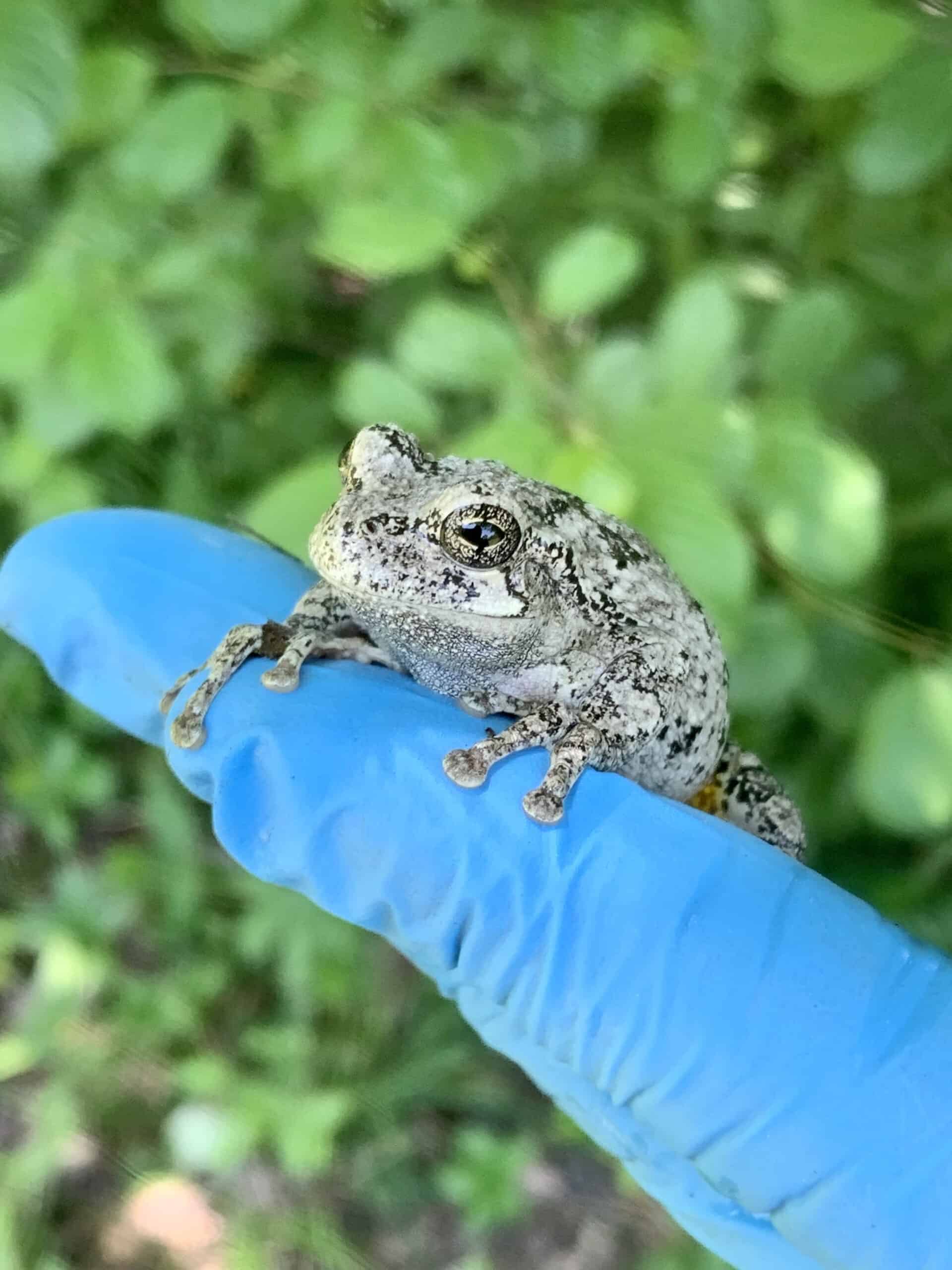Share this article
Humpback whales sing differently each year
Humpback whales make different types of sound every year to communicate with each other. That may make life more complicated for the whales, but it could also affect conservation efforts to protect whales from boat traffic.
Eduardo Mercado became interested in whale song when he was studying dolphin cognition. He quickly learned that humpback whale song behavior was quite different from dolphins’ behavior. For example, the whales are one of the only mammals that seemed to learn their songs from one another.
They also seemed to be changing their sound more than other animals were. “We wanted to understand better how they manage to keep on changing their sounds throughout their lives,” said Mercado, a psychology professor at the University at Buffalo.
Most scientists believe that male humpback whales—much like birds—make their sounds as a courtship display or to show other males they’re strong competitors. But unlike birds, Mercado thinks humpback whales may also use their sounds for echolocation, listening to echoes bounce back from other objects like prey or from one another.
Mercado led a study published in Animal Cognition to categorize the sounds humpback whales were making and to measure how they changed over time.
To find out, he and his colleagues recorded humpback whale sounds and categorized them by types of sounds and acoustic measurements, like pitch. “It was a combination of subjective and raw measurement,” he said.
They discovered the whales were changing their sounds quite a bit each year. For a type of sound that resembles snoring, for example, while past research documented the sound, Mercado delved into the acoustic measurements and found the whales “snored” differently each year.
Why do they change these sounds? Mercado isn’t sure, but it may be that female humpbacks prefer novelty. “It may be an arms race where they’re searching for a unique singer,” he said. “It keeps up like a fashion trend.”
He also believes it’s an evolutionary trait, where the whales tweak their sounds each year to become more functional. If all whales keep changing their sounds, they might be less confusable, he said.
The problem with changing whale sounds is that it may be more difficult for female whales to know what the best sound is for a mate, he said. “How can you judge a singer that’s different every year?” he said.
In addition, the sounds of boats are thought to interfere with humpback whale songs. But if the songs change every year, the effects of boat noise may differ, too, and research on boat noise from one year may be less pertinent the next. “If they’re changing all the time, you can’t make these predictions,” he said.
Header Image: Humpback whales change their songs over time. Credit: Mike Melrose








